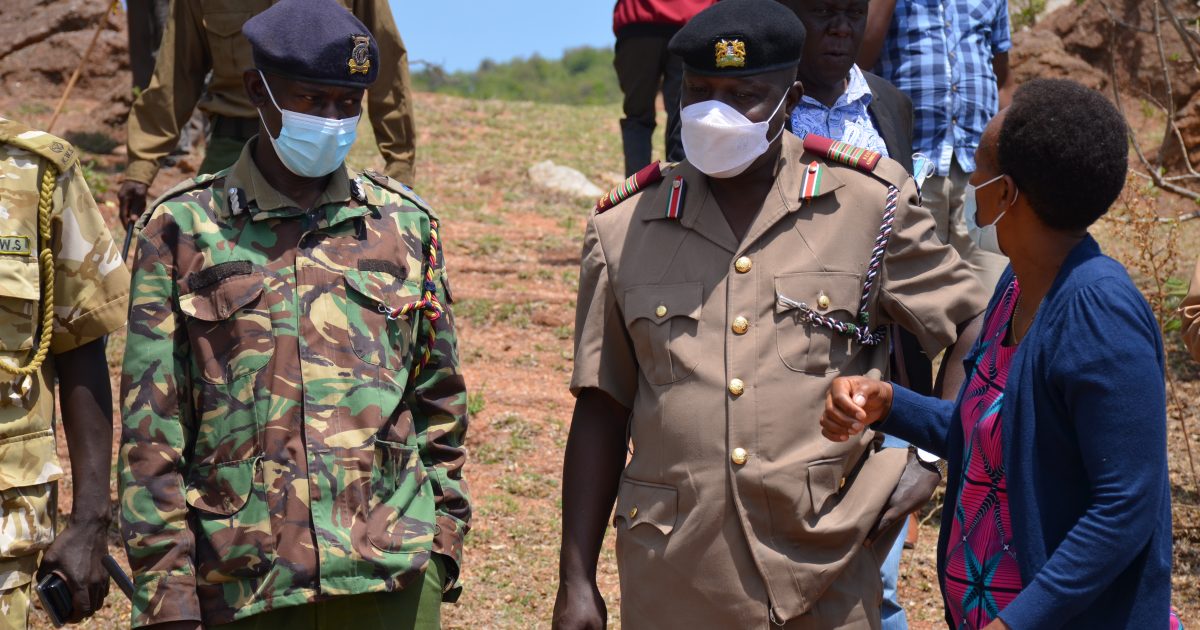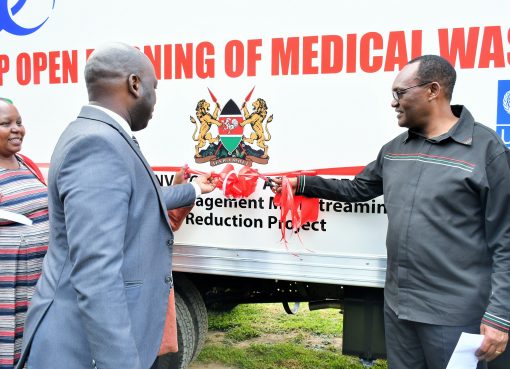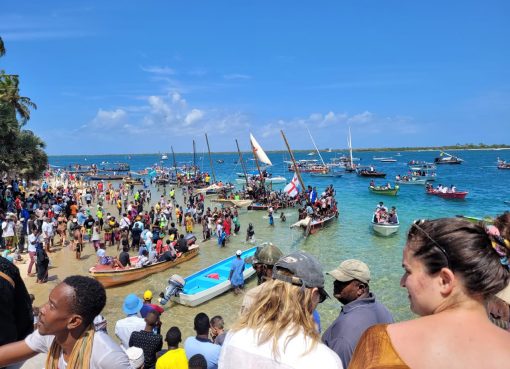The Government of Kenya and Tanzania are holding a series of sensitization forums to the members of the public living along the common border as the two countries embarked on a joint reaffirmation exercise of their shared boundary.
Speaking during a public participation forum at Mausa area in Narok South Sub County, the Narok County Commissioner Evans Achoki said the purpose of the border reaffirmation was to ensure that the boundary was visibly marked on the ground by erecting boundary pillars.

The pillars, he said, will be erected at a distance of 250 meters and 500 meters to mark the limits of the respective territory.
Achoki said the local communities will be involved in the reaffirmation exercise as they will be responsible for providing labour and supplying construction materials for the pillars.
“We want to fully involve the community in the construction of the pillars so that they can earn an income and take care of the pillars thereafter. One side of the pillar will be marked ‘KE’ representing the republic of Kenya whereas the other side facing Tanzania will be marked ‘TZ’,” he said.
The county commissioner was accompanied by officers from Kenya International Boundaries Office (KIBO), top county security personnel and lands officers from the Tanzania side.
Achoki reiterated that the community is supposed to take care of the pillars to ensure that they are not destroyed.
In addition, the County Commissioner assured the residents that the boundary does not bar them from their usual interactions but only being set to mark the clear territory border between the two countries.
“The residents will continue intermarrying, doing trade and other businesses as usual. The reaffirmation exercise doesn’t disrupt lifestyles of the border communities,” he reiterated.
A surveyor at the Kenya International Boundaries Office Mr. Joseph Rotich said the pillars will be constructed using iron rods, binding wire, cement, sand and ballast saying there will be no hidden minerals underneath the boundary pillars.
“The pillars will be painted white for visibility purposes, however the pillars at the Maasai Mara Serengeti National Park will not be painted but rather retained in natural colours to blend with the environment,” he said.
He said the community engagement in the construction process is important as it will help them witness first-hand the boundary making process and remove the belief that therein contains minerals such as mercury and others.
Deputy Director at the Department of Survey Ms. Lucy Mburu said the process involves boundary maintenance and shall commence from Lake Victoria to the Indian Ocean covering a distance of approximately 760 kilometers.
The reaffirmation process, she said entails re-establishment of destroyed boundary pillars, construction of pillars where none exist and drafting a new agreement to replace the old colonial agreement.
The exercise also collects information of geographical names, features and public utilities from a coverage of two kilometers on both sides of the border.
Joseph Mutorongo, a Lands Officer from the United Republic of Tanzania said the two countries will collaborate to ensure the exercise is done in a smooth way.
The residents promised to co-operate in making the process a success and lauded the government for giving them a chance to participate in the making of the pillars.
By Ann Salaton





